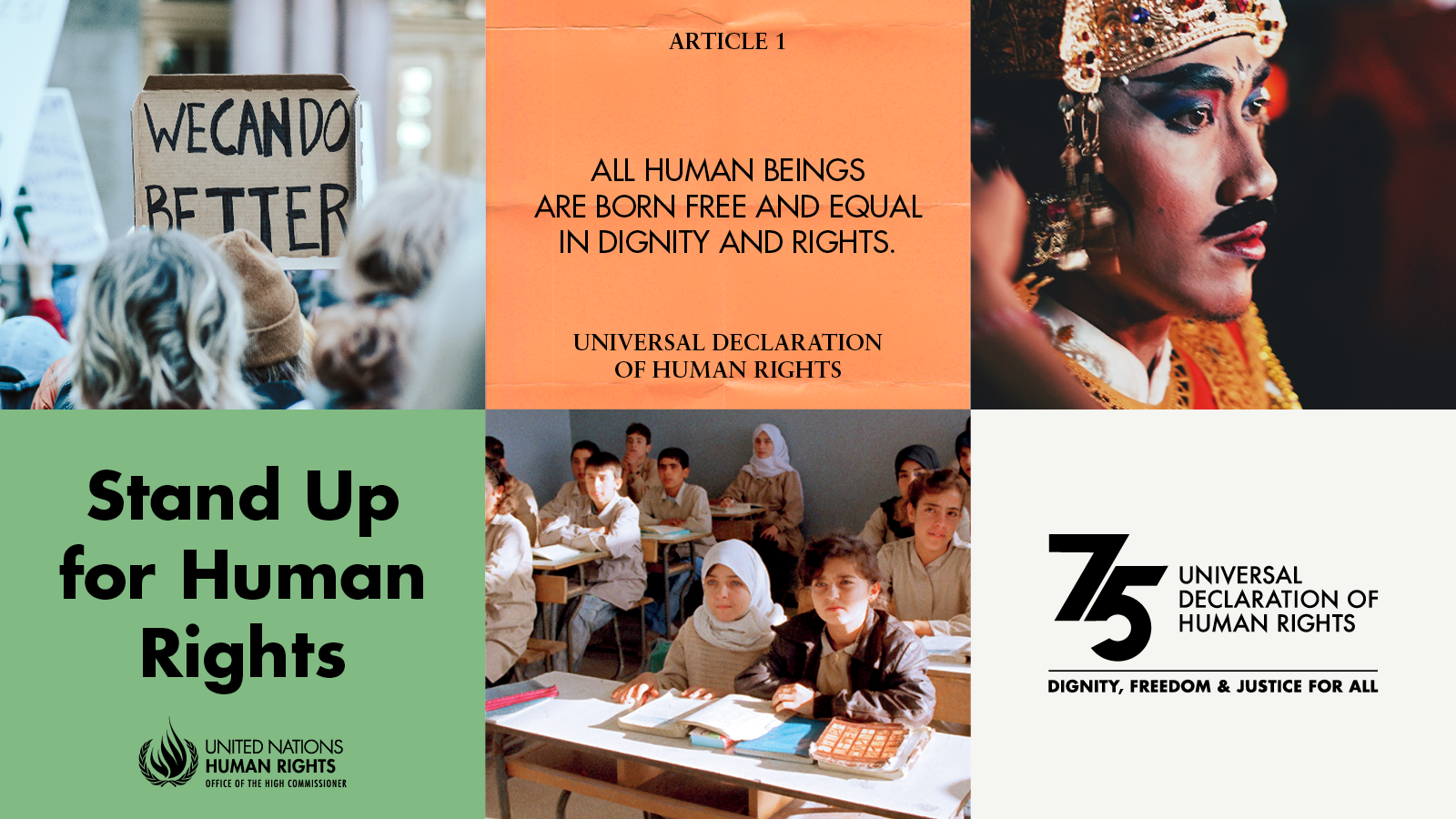Statement by the UNDP Administrator: Human Rights Day 2022, 10 December
December 8, 2022

“All human beings are born free and equal in dignity and rights.” With a vow to ensure the rights of everyone, everywhere, this first article of the Universal Declaration of Human Rights (UDHR) remains the most powerful commitment on human rights that our global community has made -- the basis for our world to never repeat the horrors of the Second World War. For nearly 75 years, the UDHR has inspired and paved the way for dozens of human rights treaties at global and regional levels, ultimately allowing for the freedoms and rights that people everywhere need to play their part in shaping a peaceful, inclusive, and sustainable future for all.
In 2022, human rights are under increasing attack in many regions across the globe. Some of the worst human rights violations occur during violent conflicts -- now at their highest levels since 1945 -- including gender-based violence against women and girls. Notably, human rights defenders, journalists and civil society are also under threat, with activists jailed, religious groups and minorities -- including Indigenous peoples, migrants, refugees and the LGBTIQ+ community -- facing new levels of persecution. The United Nations (UN) and our partners are supporting countries to fulfil their human rights obligations not only because it is the right thing to do but also because it is fundamental to achieving the Global Goals, from reducing poverty to advancing gender equality.
As climate change intensifies and the degradation of our natural world continues at an unrelenting pace, there is a need for a transformation in the global approach to the legal rights of both current and future generations. Most recently, in 2022, the UN General Assembly declared that access to a clean, healthy and sustainable environment is a universal human right. This is expected to be a catalyst for action and empower citizens to hold their governments accountable. Yet in many parts of the world, acts of violence and intimidation against human rights defenders continued unabated. More than 1,700 environmental activists have been murdered in the past decade. All countries must find the political will to end impunity for acts of intimidation, violence, and murder. There is also a need for greater support to environmental justice with expanded opportunities for advocacy, litigation, and greater accountability of states and other actors, including the private sector for their actions. Young people, facing the disproportionate impacts of the climate crisis, must also be able to have their say in their countries’ climate futures. That is a key principle behind the United Nations Development Programme’s (UNDP) Climate Promise whereby thousands of young people are getting directly involved in the design of their country’s climate pledges.
As part of the UN family, UNDP will continue to answer the UN Secretary-General’s Call to Action for Human Rights as we work with countries and communities to integrate human rights into every fibre of our support, utilizing it as one of the most powerful development ‘problem-solving’ tools. With human rights being curtailed and threatened globally, all countries shoulder a responsibility to pro-actively nurture the UDHR, the foundation of freedom, justice and peace in the world and a force to change our world for the better. That means staying true to the letter and spirit of UDHR whereby human rights can never be negotiable.
Achim Steiner, Administrator, United Nations Development Programme (UNDP)
The 75th Anniversary of the Universal Declaration of Human Rights (UDHR) will be celebrated on 10 December 2023. Ahead of this milestone, starting on this year's Human Rights Day on 10 December 2022, a year-long campaign will showcase the UDHR by focusing on its legacy, relevance and activism.

 Locations
Locations